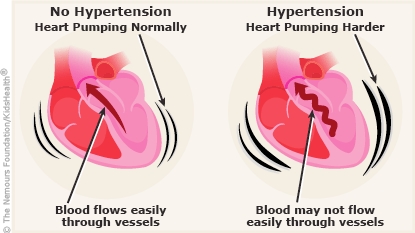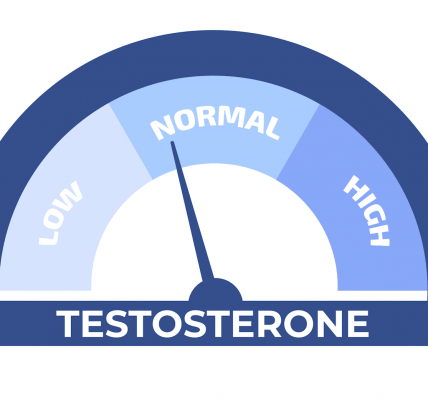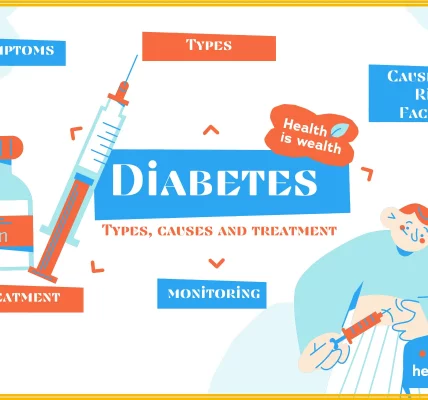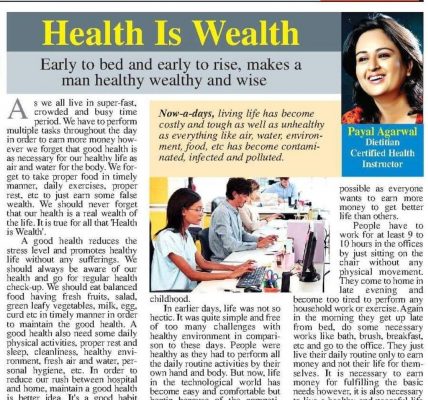Hypertension, often referred to as high blood pressure, is a common health condition that can lead to serious health problems if left untreated. It’s crucial to understand the risks, symptoms, and management strategies associated with hypertension.
Understanding Hypertension
Blood pressure is the force of blood pushing against the walls of your arteries as your heart pumps blood. When1 blood pressure is consistently too high, it can damage blood vessels over time.
Types of Hypertension:
- Primary Hypertension: The most common type, with no identifiable cause.
- Secondary Hypertension: Caused by underlying health conditions, such as kidney disease or endocrine disorders.
Risk Factors for Hypertension
- Age: Blood pressure tends to rise with age.
- Family History: A family history of hypertension increases your risk.
- Obesity: Excess weight can strain the heart and blood vessels.
- Lack of Physical Activity: Sedentary lifestyles contribute to high blood pressure.
- Poor Diet: A diet high in salt, saturated fat, and cholesterol can raise blood pressure.
- Smoking: Smoking damages blood vessels and increases blood pressure.
- Excessive Alcohol Consumption: Alcohol can raise blood pressure.
- Stress: Chronic stress can contribute to high blood pressure.
Symptoms of Hypertension
Hypertension often has no noticeable symptoms, which is why it’s known as the “silent killer.” However, in some cases, high blood pressure can cause:
- Headaches
- Shortness of breath
- Nosebleeds
- Fatigue
- Chest pain
- Irregular heartbeat
Managing Hypertension
- Lifestyle Modifications:
- Healthy Diet: Reduce sodium intake, increase potassium intake, and eat a diet rich in fruits, vegetables, and whole grains.
- Regular Exercise: Aim for at least 30 minutes of moderate-intensity exercise most days of the week.
- Weight Management: Maintain a healthy weight to reduce strain on the heart.
- Limit Alcohol: Reduce alcohol consumption.
- Quit Smoking: Smoking significantly increases the risk of hypertension and other health problems.
- Stress Management: Practice relaxation techniques like meditation or yoga.
- Medication:
- If lifestyle changes aren’t enough to control blood pressure, your doctor may prescribe medications, such as diuretics, beta-blockers, ACE inhibitors, and angiotensin receptor blockers.
Regular monitoring of blood pressure is crucial for early detection and effective management of hypertension. By adopting healthy lifestyle habits and following medical advice, you can reduce your risk of heart disease, stroke, and other serious health complications associated with high blood pressure.




